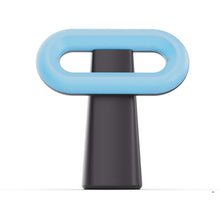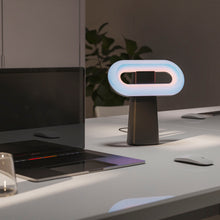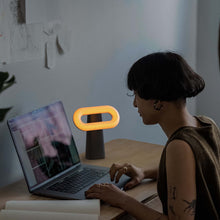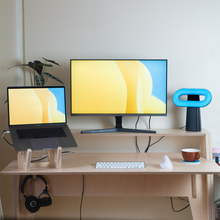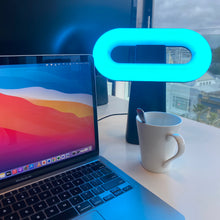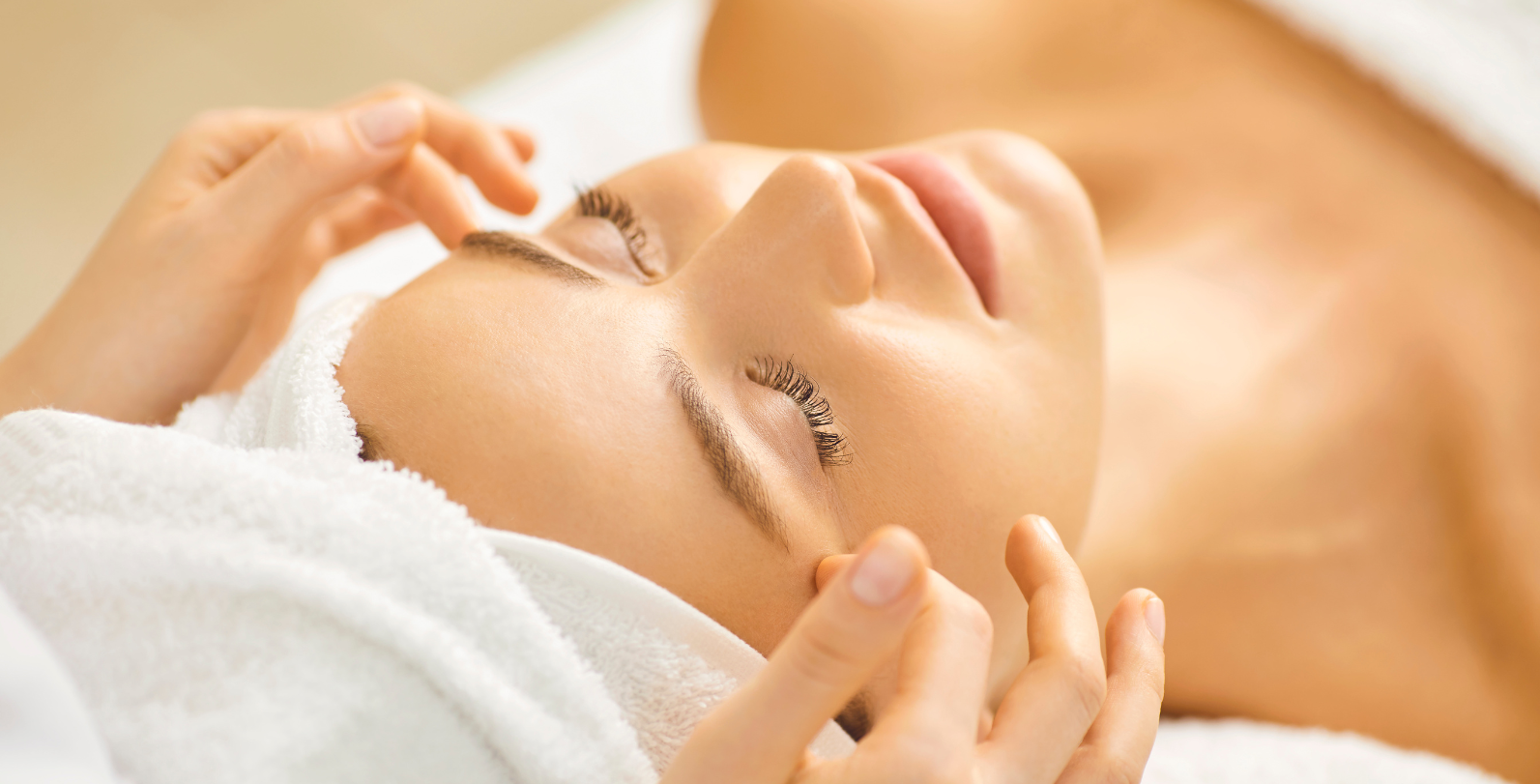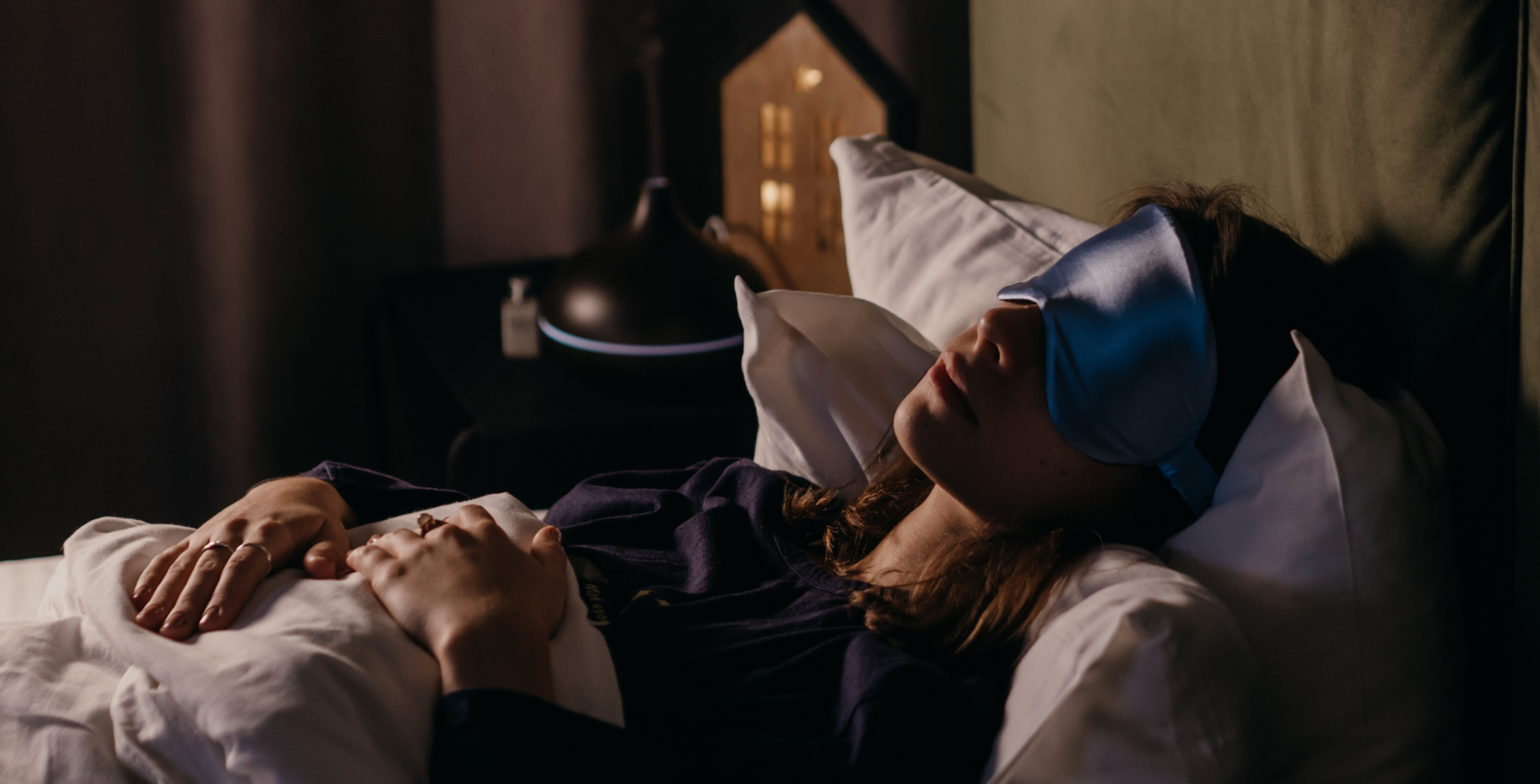Caffeine's Impact On Sleep
We're all familiar with the alerting effects of caffeine. That's part of the reason we drink it in the first place. But understanding how caffeine interacts with our body helps explain its impact on sleep.
While we're awake, a hormone called adenosine accumulates in the body. As adenosine builds up, it causes us to feel sleepier. This is known as sleep pressure.
Caffeine has a similar molecular structure as adenosine, which allows it to bind to the same receptors. This temporarily blocks the sleep-inducing effects of adenosine, making us feel alert.
The Truth About Caffeine And Its Effect On Sleep Quality

What Science Says
One study found that consuming caffeine 6 hours before bed resulted in participants sleeping one hour less.
You're probably thinking, "But I drink coffee in the afternoon and still sleep like a baby."
But research shows that even if you do fall asleep, the caffeine in your system will degrade your sleep quality. A single cup of coffee in the evening reduces deep sleep by 20%.
As a result, you may wake up the next day feeling less restored and, ironically, more desperate for caffeine. You may find yourself in a vicious cycle of using caffeine to compensate for poor sleep.
There is also some evidence that caffeine may slightly shift this rhythm, but more research is needed.
The Best Time To Have Coffee (And When To Stop)
If you've read this far, you may be starting to worry about caffeine's impact on sleep. But you can mitigate the negative effects of caffeine by being mindful of when you consume it.
Researchers study a substance's half-life: How long it takes the body to halve the concentration in the bloodstream. Caffeine has a half-life of 5-7 hours. That means if you have a flat white at 3pm, your body will have only metabolised half the caffeine content by 8pm. The other half is still in your system.
Avoiding caffeine 8 hours before bed is a good rule of thumb. However, exactly how many hours you should give depends on many factors.
The rate of caffeine metabolism varies widely from person to person, with 50% of the population possessing a gene that dramatically slows the metabolism of caffeine. Pregnant women or those taking birth control also have a longer caffeine half-life.
Additionally, it's important to consider how much caffeine you're taking. Caffeine's quarter-life is much longer than its half-life. That means high doses of caffeine, even in the morning, may still affect your sleep.
Food Standards Australia New Zealand recommends that you don't exceed 400mg of caffeine. If you're pregnant, it's recommended you consume only half that amount at 200mg.
Coffee is by far the primary source of caffeine. However, many teas, soft drinks and energy drinks contain high amounts of caffeine. Loose leaf tea contains more caffeine per gram than coffee. But we tend to use more ground coffee per cup.
Loop is a circadian rhythm lamp that uses light therapy to regulate the body's natural sleep-wake cycle. Caffeine is a stimulant that can disrupt this cycle, making it more difficult to fall asleep and stay asleep. However, using Loop can help manage caffeine's impact on sleep.
It resets the circadian rhythm. Exposure to the right type and amount of light at the appropriate times can help reset the body's circadian rhythm, which regulates sleep and wakefulness. By using Loop at the appropriate times, such as in the morning to help wake up or in the evening to wind down, you can help regulate your circadian rhythm and improve the quality of your sleep.


benefits
Loop will improve your...

metabolism

Health

environment

stress

productivity
How does it work?
Whether in your home or workspace, position a Loop nearby and experience the benefits of its life-enhancing light delivery.
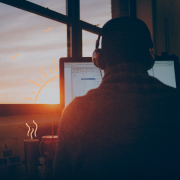
HEALTH
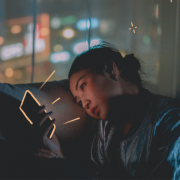
PERFORMANCE

The OSIN purpose
We are on a mission to end circadian disruption. By developing cutting-edge circadian lighting products, we give people access to the circadian light their bodies need.
Start Improving Your Health Today
Position a Loop nearby and experience the benefits of its life-enhancing light delivery.
Testimonials
References
- Blue Light and Digital Screens. (2019).
- BluBlocker Sunglasses: A major vision breakthrough. BluBlocker https://www.blublocker.com/.
- How technology is killing our eyes | Daniel Georgiev | TEDxVarna - YouTube. https://www.youtube.com/watch?v=HN30fO2I2aU.
- How Мonitors Destroyed our Eyes? | IrisTech. 💡👨💻 Iris - Software for Eye protection, Health and Productivity 🛌👀 https://iristech.co/pwm-flicker/ (2015).
- Sustainable Eye Health Pty Ltd. http://sustainableeyehealthptyltd.com.au/.
- LightSafe - A Vision for Safer Illumination. http://lightsafe.com.au/.
- Ayaki, M. et al. Protective effect of blue-light shield eyewear for adults against light pollution from self-luminous devices used at night. Chronobiol. Int. 7.
- Shechter, A. Blocking nocturnal blue light for insomnia_ A randomized controlled trial. J. Psychiatr. Res. 7 (2018).
- Blue Blocker Glasses as a Countermeasure for Alerting Effects of Evening Light-Emitting Diode Screen Exposure in Male Teenagers. J. Adolesc. Health 7 (2015).
- Roenneberg, T. & Merrow, M. The Circadian Clock and Human Health. Curr. Biol. 26, R432–R443 (2016).
- Kids are spending less time outdoors — and it's causing short-sightedness. https://www.abc.net.au/news/2017-03-02/short-sightedness-epidemic-as-people-spend-less-time-outside/8318882 (2017).







